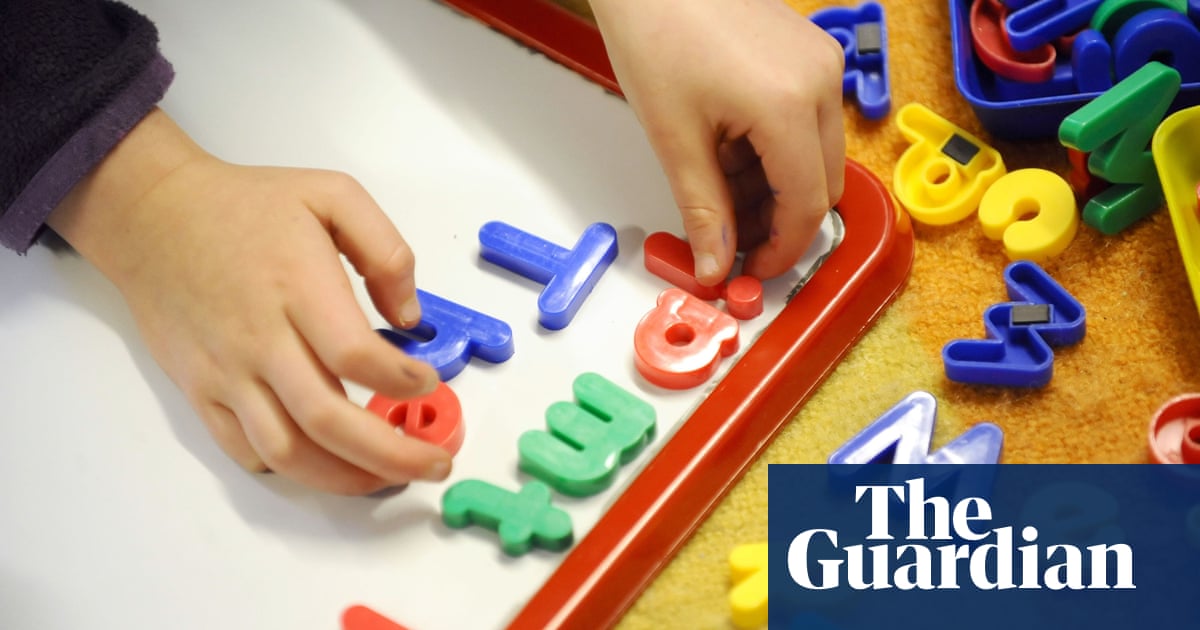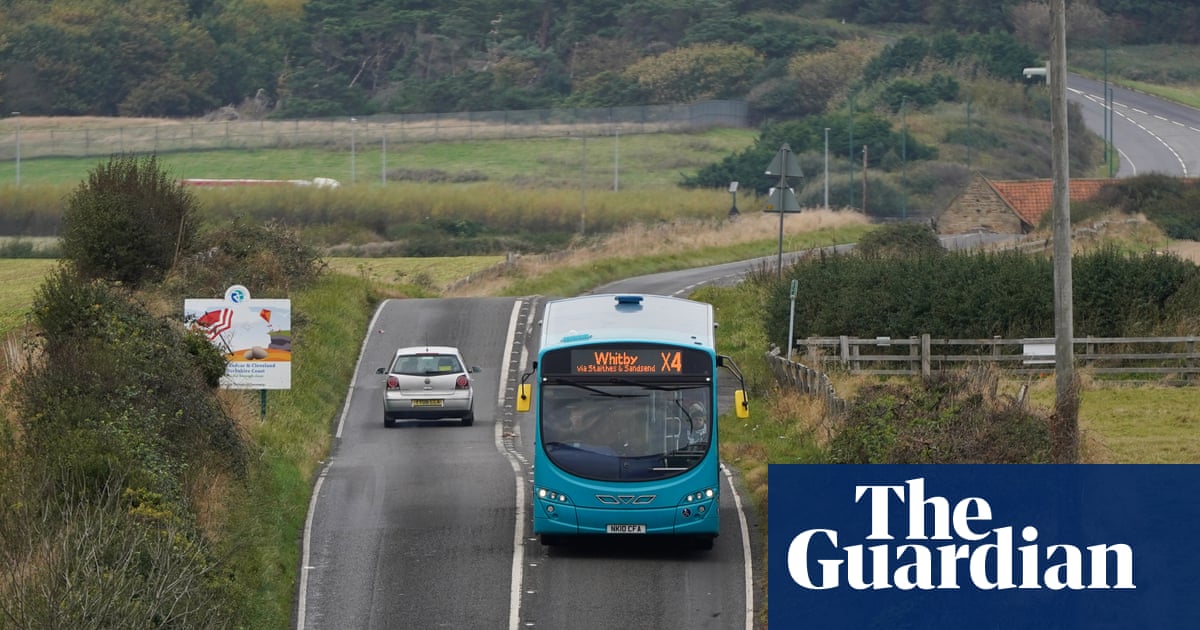
Australia could unlock huge economic gains by continuing to offer free childcare after the pandemic is over, a new report argues.
The release of the report comes a day after Australia’s small business ombudsman and employer groups warned of the coming cliff in economic supports including free childcare ending and called on the government not to reduce jobseeker unemployment benefits to their former level of $40 a day.
Two economists from the Australia Institute, a progressive thinktank, call on the government to scrap plans to reintroduce fees next month.
They say that even though conservatives may raise concerns about the federal budget impact of extending the measure, free childcare would act as effective short-term stimulus as well as a long-run driver of economic growth.
The report’s authors, Matt Grudnoff and Richard Denniss, calculate that if Australia had the same average labour force participation rates as Nordic countries did, then the economy would be $60bn larger – a gain of about 3.2% of gross domestic product. These countries are Iceland, Sweden, Denmark, Finland and Norway.
But if Australia managed to achieve the same participation rates as Iceland – the country with the world’s best male and female participation rates – the long-run economic benefit could be $100bn per year.
Grudnoff and Denniss say subsidised, high-quality childcare is one way Nordic countries have increased female participation rates. Those countries have long had free or very low-fee early childhood education and care services, they say in the report.
“While Nordic countries have similar proportions of full-time to part-time work as Australia, they have much more generous childcare policies and much higher rates of female participation in full-time work,” the report says.
Australian women in their 20s have similar participation rates as women in Nordic countries, the report says, but “a distinct change occurs with women aged in their early thirties”. At that point, Australia’s female participation rate falls before recovering and peaking with women in their 40s. However, women in Nordic countries see no drop in participation rates in their 30s.
“Compared to Nordic countries, Australia’s female participation rates fall significantly at the ages when the largest number of people are raising young families,” the report says.
“Policies that make it easier for women to choose to go back to work, like the provision of free childcare, could mean that Australia reaps billions in benefits over the long run.”
Ben Oquist, the executive director of the Australia Institute, said the report showed free childcare had multiple benefits.
“Not only is free childcare a form of fiscal stimulus, boosting consumer demand by increasing the disposable income of families with young children, but in the long run it will significantly grow GDP and make Australia a far more equitable country,” Oquist said in a statement.
“The empirical evidence makes clear that spending on services like childcare creates more jobs per $1m spent than expenditure in areas like construction. The government’s focus on stimulus spending in male-dominated industries risks stymying economic recovery.”
The small business ombudsman, Kate Carnell, told the Senate’s Covid-19 committee on Wednesday that the government’s plan to reintroduce childcare fees from 13 July would have a “significant impact” on small-business owners struggling to get “back up and running” as restrictions ease.
She noted 40% of small businesses were owned by women. “Free childcare was a godsend for them – without it, they will struggle significantly.”
Alexandra Hordern, a director of the Australian Small Business and Family Enterprise Ombudsman, said that for small-business people working full time – or more – and paid only the $1,500 jobkeeper rate, “the only affordable childcare is free childcare”.
The education minister, Dan Tehan, said earlier this month that the temporary relief package introduced in early April had “done its job and would be turned off on 12 July”, with the old childcare subsidy system returning the following day.
He has said that in return for new transition payments between July and late September, childcare services would be temporarily banned from increasing their fees above the level they were in late February.












